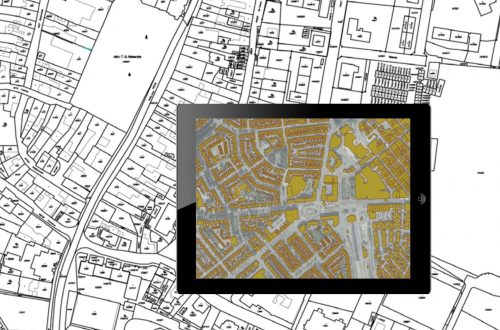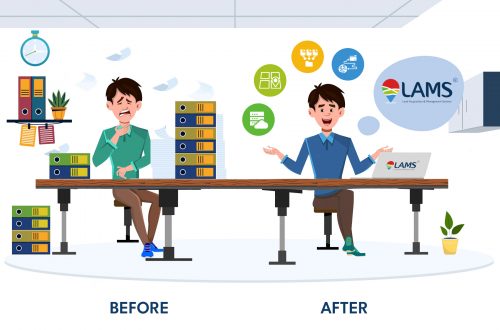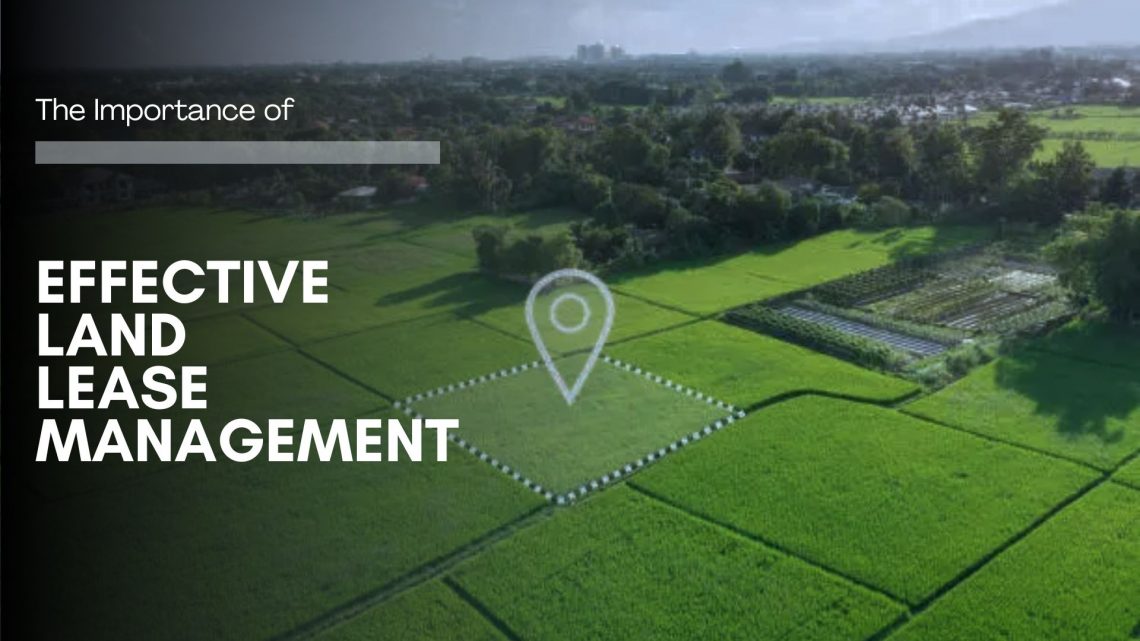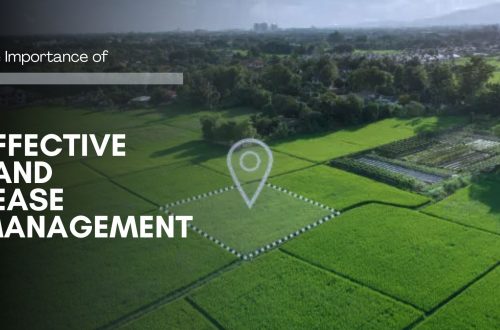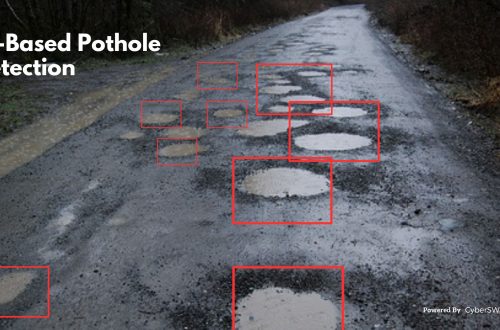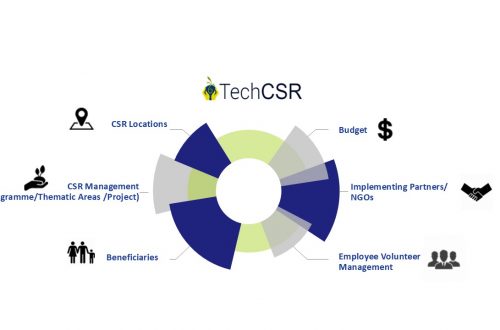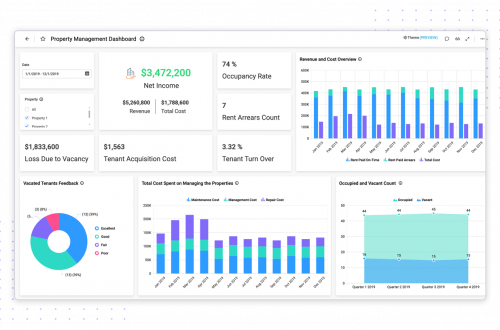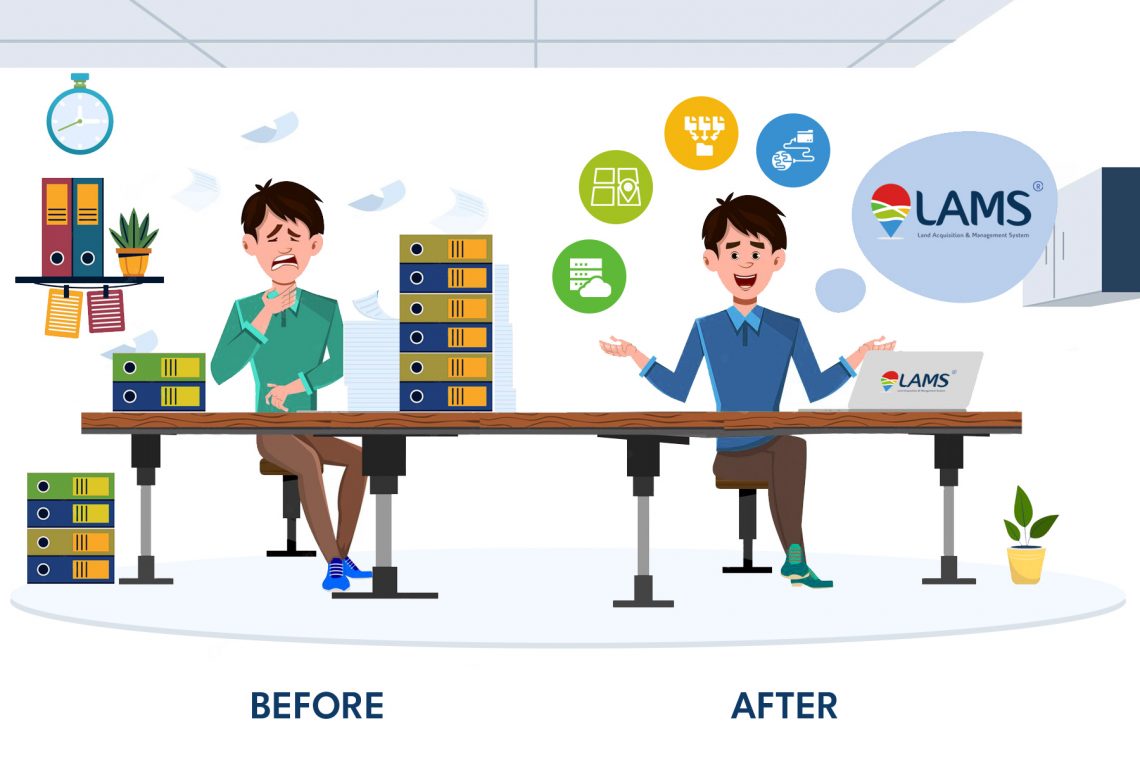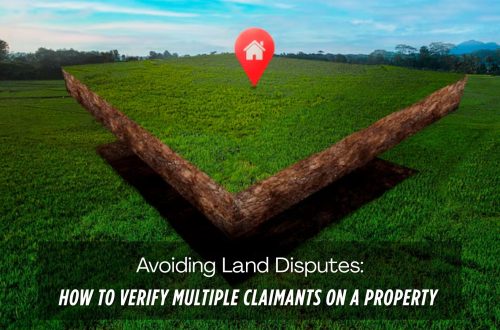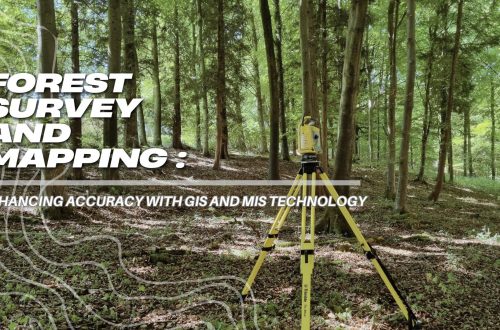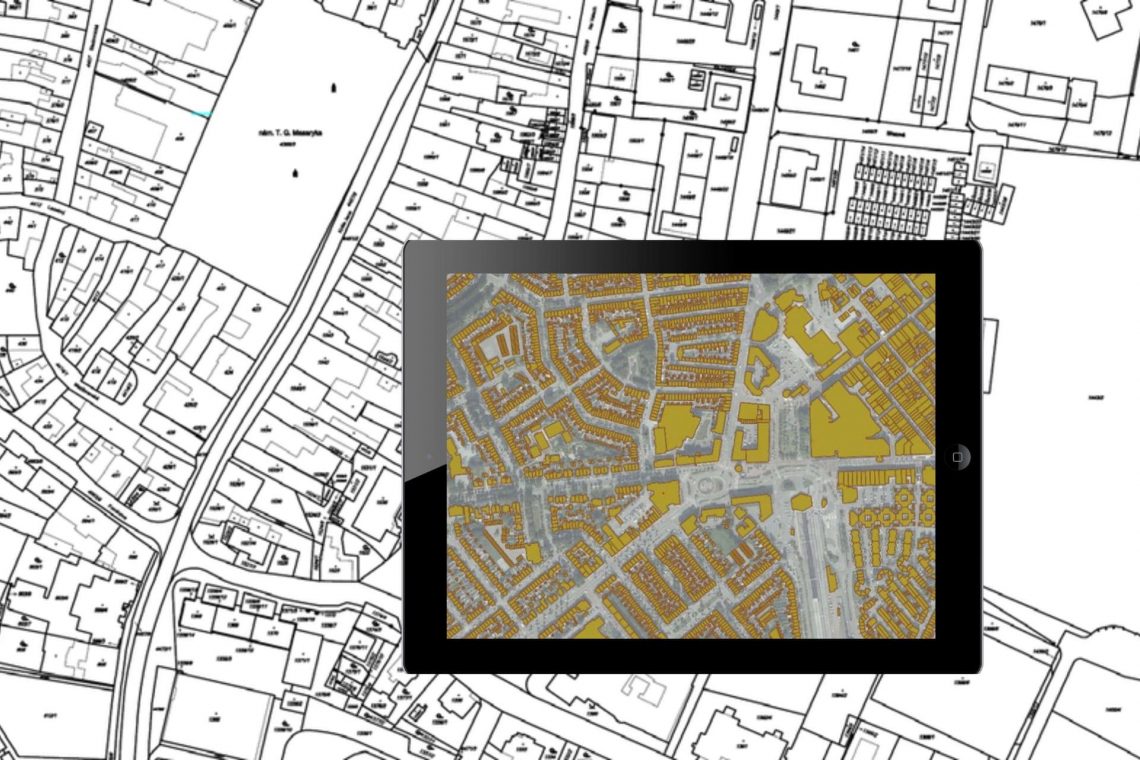-
Smart Real Estate Management in 2025: How GIS and MIS Are Transforming Land Administration
The real estate industry is undergoing a major transformation in 2025, driven by digitalization, automation, and data-driven decision-making. With urbanization accelerating and real estate markets becoming more complex, traditional land management methods face significant challenges. Challenges in Traditional Land Management: Manual Record-Keeping: Paper-based property records are prone to errors, duplication, and loss. Fraud and Ownership Disputes: Lack of transparency in property transactions leads to legal disputes and fraud. Inefficiencies in Land Use Planning: Poor data management results in suboptimal zoning, environmental risks, and delayed development projects. To address these challenges, Geographic Information Systems (GIS) and Management Information Systems (MIS) are revolutionizing land administration by providing real-time data, automation, and predictive analytics. These technologies…
-
The Importance of Effective Land Lease Management
Managing land leases effectively is crucial for ensuring the optimal use of land assets, reducing financial risks, and fostering productive tenant relations. Whether for agricultural, industrial, or commercial purposes, land lease management involves maintaining clear agreements, robust record-keeping, and efficient communication with tenants. Modern tools like GIS-based land management systems play a transformative role in streamlining these processes. The Core Elements of Land Lease Management Effective land lease management encompasses three critical aspects: Lease Agreements Lease agreements form the foundation of any land lease arrangement. A well-crafted lease should: Clearly define the terms and conditions, such as lease duration, payment schedules, and permitted land use. Protect the interests of both parties,…
-
The Importance of Land Acquisition and Monitoring for Sustainable Development
Land acquisition and monitoring play a crucial role in shaping sustainable development by ensuring that land resources are used efficiently, equitably, and responsibly. Whether for infrastructure development, urban expansion, or agricultural projects, these processes must align with environmental and social goals. As the demand for land increases, the use of advanced tools like land management software, GIS-based land management systems, and land asset management software has become critical for driving sustainable outcomes. Why Land Acquisition and Monitoring Matter in Sustainable Development Land acquisition refers to the process of obtaining land for specific purposes, such as construction, mining, industries or agriculture and renewable energy generation. However, acquiring land alone is not sufficient;…
-
The Evolving Landscape of Land Management: Harnessing Technology for Sustainable Growth
As global challenges around land use intensify, the field of land management is undergoing significant transformation. Technology is playing a pivotal role in this evolution, offering innovative solutions to optimize land use, enhance productivity, and promote sustainable growth. From geographic information systems (GIS) and satellite imagery to advanced land management software and drones, these tools are enabling more efficient, informed, and environmentally conscious decision-making. This article explores ahow the integration of technology in land management practices is reshaping the future of sustainable land use and fostering a more balanced approach to development and conservation. Understanding Land Management Software: A Modern Necessity Land management software serves as a centralized platform for…
-
Manage Land-related Legal Disputes Through the Legal & Court Case Management Module on LAMS
In the realm of legal proceedings, the complexity of land-related litigation demands efficient and organized management. As the legal landscape evolves, so do the tools available to legal professionals. Enter the realm of legal and court case management modules, which have emerged as indispensable assets for streamlining land-related litigation processes. This blog delves into the transformative impact of these applications on land-related litigation and explores their key features, benefits, and future potential. The Complexity of Land-Related Litigation: Our land software (LAMS) has a court case module that encompasses a diverse array of cases, ranging from property disputes to zoning issues and environmental concerns. The multifaceted nature of these cases necessitates…
-
Advantages of AI and GIS-Driven Compensatory Land Allocation System
The allocation of land resources plays a pivotal role in shaping societies and economies. In recent years, the integration of Artificial Intelligence (AI) and Geographic Information Systems (GIS) into land allocation software has ushered in a new era of efficiency and precision. This blog delves into the advantages of AI and GIS-driven compensatory land allocation software, highlighting how it streamlines the land allocation process, enhances decision-making, and promotes sustainable land management. Enhanced Decision-Making: AI and GIS-driven land allocation software empowers decision-makers with robust analytical tools. By processing vast datasets and applying advanced algorithms, land software can provide invaluable insights into land characteristics, topography, soil quality, and environmental factors. These insights…
-
Discover The Importance of Land Software in Land-Related Litigation Cases
Land management software plays a crucial role in managing land-related litigation cases. Here are some key points on the importance of Litigation management software in such cases: Efficient Case Management: Land dispute cases involve a large amount of documentation and paperwork. Land management software helps streamline case management by organizing and storing documents, tracking deadlines, and managing court dates. This ensures that all the relevant information is easily accessible, improving efficiency and reducing the chances of errors or missed deadlines. Centralized Information: Land-related litigation cases or land dispute cases often involve multiple parties, complex legal issues, and voluminous data. Litigation management software provides a centralized platform to store and access all the relevant information,…
-
Things to Consider Before Buying a Land Management Platform:
The term “Land Asset Management System” (LAMS) refers to a software or information management system designed to streamline and manage the process of land acquisition. It is commonly used by government agencies, real estate developers, and infrastructure projects that involve acquiring land for various purposes, such as infrastructure development, urban planning, or conservation efforts. LAMS typically provides a centralized platform to track and manage the entire land acquisition lifecycle, including tasks such as land identification, negotiation, legal processes, compensation, and record keeping. Key features of a Land Acquisition Management System may include: Land Inventory: Maintaining a comprehensive inventory of available land parcels, including ownership details, boundaries, and other relevant information.…
-
Revolutionizing Land Management with Land Information Management Systems
Land is an essential resource that is finite in nature, and its management is crucial for ensuring its sustainable use. The traditional methods of land management are often plagued by inefficiencies, corruption, and a lack of transparency, which can result in land disputes and mismanagement. Land Information Management Systems (LIMS) have the potential to revolutionize land management by bringing transparency, efficiency, and equity to the system. What is Land Information Management System (LIMS)? A Land Information Management System (LIMS) is a GIS-based digital platform used to manage land-related data, such as ownership, use, value, and location. It is an integrated system that enables the efficient collection, storage, retrieval, analysis, and…
-
Land Records Management System Using GIS Technology
Introduction: In India, land ownership is primarily established through a registered sale deed (a record of the property transaction between the buyer and seller). Other documents used to establish ownership include the record of rights (document with details of the property), property tax receipts, and survey documents. Land records consist of various types of information (property maps, sale deeds) and are maintained across different departments at the district or village level. These departments work in silos, and the data across departments is not updated properly. Hence, discrepancies are often noted in land records. The district administration keeps land records to determine who owns and where the borders of a piece…


